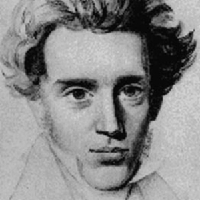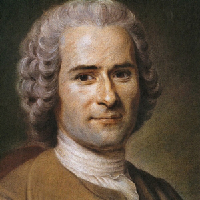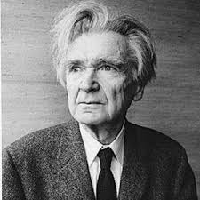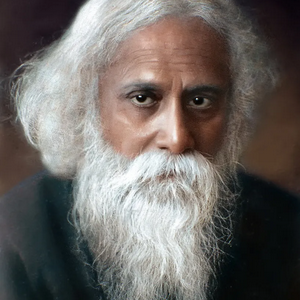Albert Camus tipo de personalidade mbti
Personalidade
"¿Qué tipo de personalidad es Albert Camus? Albert Camus es un tipo de personalidad INFP en mbti, 4w5 - sp/sx - 459 en enneagram, RCUEI en Big 5, IEI en Socionics."
Fi dom. Carl Jung describing Fi dom: "It is principally among women that I have found the predominance of introverted feeling. "Still waters run deep" is very true of such women. They are mostly silent, inaccessible, hard to understand; often they hide behind a childish or banal mask, and their temperament is inclined to melancholy. They neither shine nor reveal themselves. As they are mainly guided by their subjective feelings, their true motives generally remain hidden. Their outward demeanour is harmonious, inconspicuous, giving an impression of pleasing repose, or of sympathetic response, with no desire to affect others, to impress, influence, or change them in any way. If this outward aspect is more pronounced, it arouses a suspicion of indifference and coldness, which may actually turn into a disregard for the comfort and well-being of others. One is distinctly aware then of the movement of feeling away from the object. With the normal type, however, this happens only when the influence of the object is too strong. The feeling of harmony, therefore, lasts only so long as the object goes its own moderate way and makes no attempt to cross the other's path. There is little effort to respond to the real emotions of the other person; they are more often damped down and rebuffed, or cooled off by a negative value judgment." To know more: http://psychclassics.yorku.ca/Jung/types.htm
Biografia
Albert Camus (7 November 1913 – 4 January 1960) was a French philosopher, author, and journalist. His views contributed to the rise of the philosophy known as absurdism. He wrote in his essay The Rebel that his whole life was devoted to opposing the philosophy of nihilism while still delving deeply into individual freedom.
Personalidades relacionadas
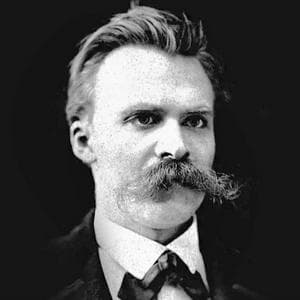
Friedrich Nietzsche
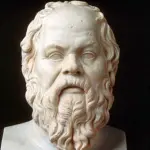
Socrates

Arthur Schopenhauer
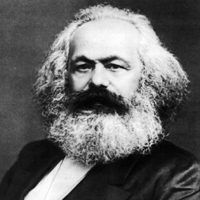
Karl Marx

Immanuel Kant
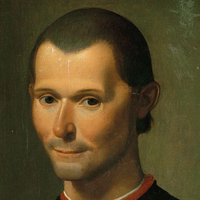
Niccolò Machiavelli
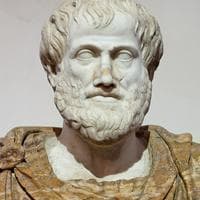
Aristotle
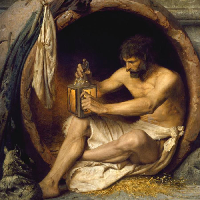
Diogenes

